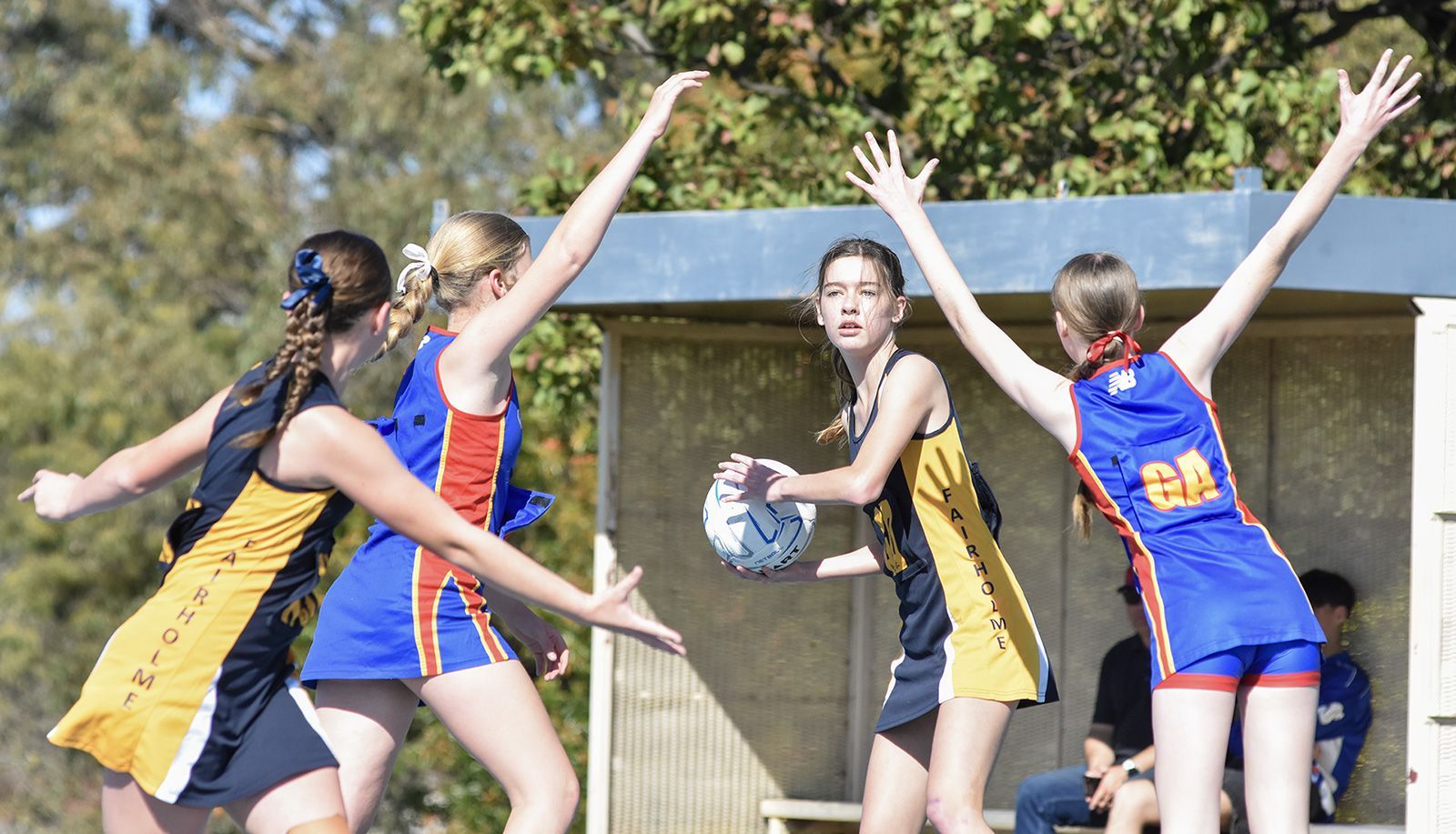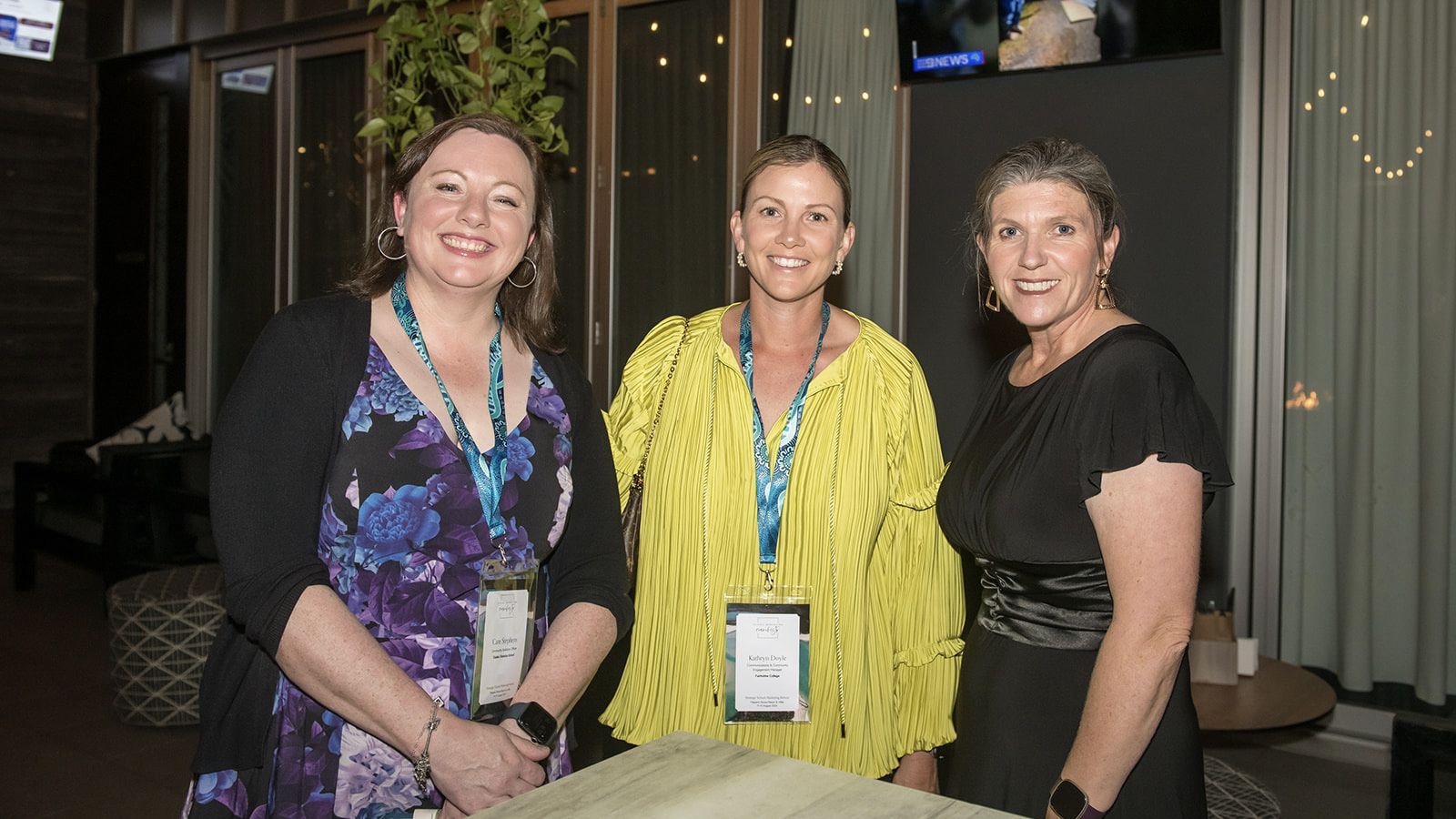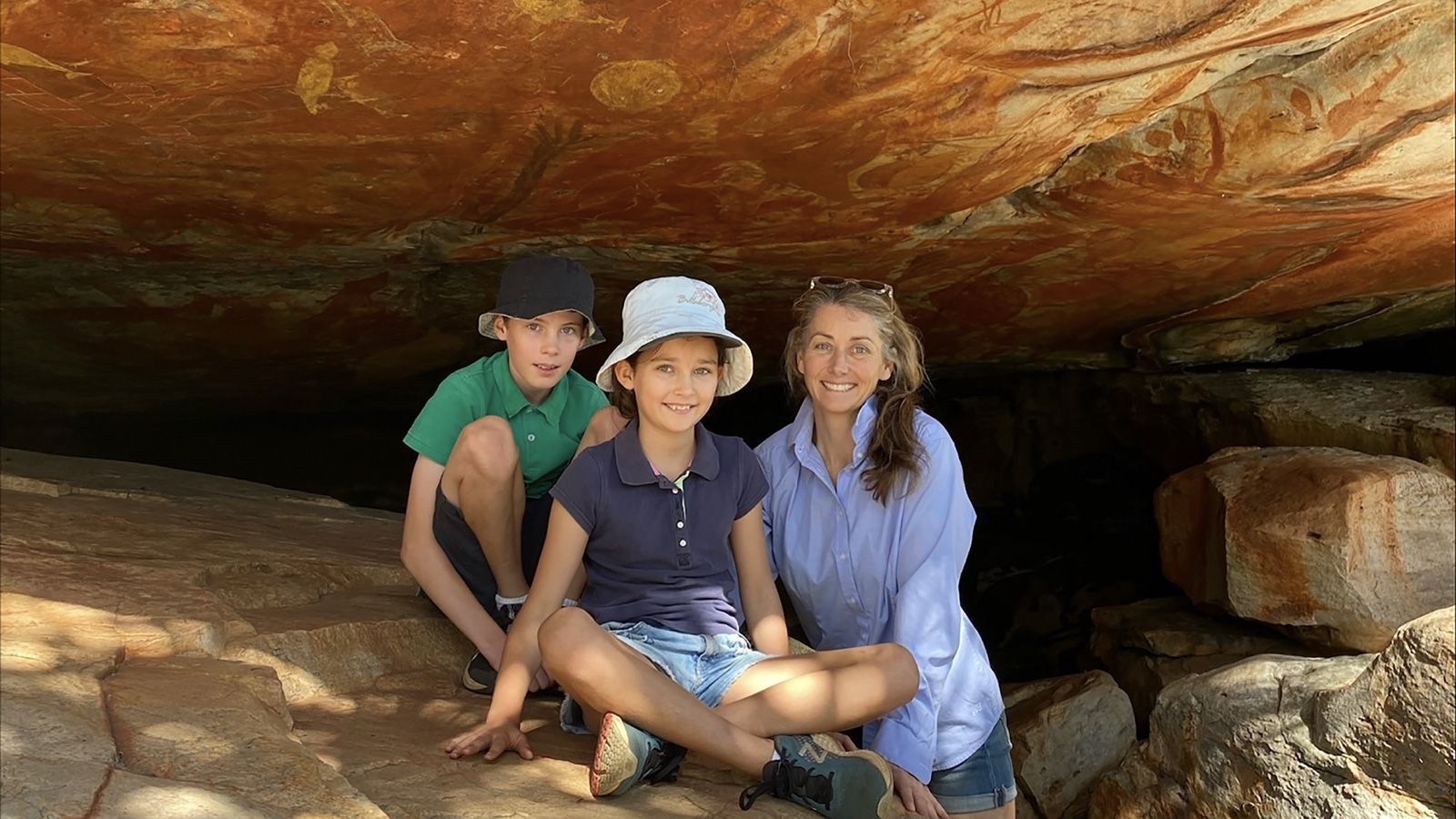Position Vacant - Administration Assistant To The Arts
Administration Assistant To The Arts
The position is permanent, full-time term-time. 38 hours per week during school term.
The College
Set in an area of outstanding natural beauty on the Range escarpment in Australia's Garden City of Toowoomba, Â鶹ÊÓƵCollege is one of Australia's leading independent girls' schools with more than eight hundred students from Kindy to Year 12 and over two hundred boarders form part of the total enrolment.
Â鶹ÊÓƵstudents enjoy outstanding success in academic pursuits (close to 95% of Year 12 students proceed to tertiary studies each year), as well as in sporting, cultural and service activities. Please explore further on this website to learn more about Fairholme's offerings and our students' achievements. From the establishment of our predecessor school in 1908, through the move to our current location in 1917 and into the 21st century, Â鶹ÊÓƵseeks to maintain a student enrolment split 35/65 between country boarders and Toowoomba day girls, as well as a strong commitment to quality single-sex girls' education. A College of the Presbyterian Church of Queensland, Â鶹ÊÓƵis committed to creating a caring Christian community where all we do is undergirded by our Christian faith.
The Position
POSITION: Administration Assistant to The Arts.
DEPARTMENT: The Arts.
RESPONSIBLE TO: Business Manager through the Head of The Arts and Head of Performance Music.
REPORTS TO: Head of The Arts and Head of Performance Music.
KEY FUNCTIONAL RELATIONSHIPS: Department Teaching Staff; Students; Specialist Arts Teachers, Leadership Team; Co-ordinator of Â鶹ÊÓƵJunior Arts.
Position Overview
The Administration Assistant to The Arts works with members of The Arts Department to enact the strategic vision of the department. Specifically, this person works closely with the Head of The Arts and Head of Performance Music to support this vision:
Key Requirements & Qualifications:
Key Requirements:
- Front Office Reception for the Arts Department;
- Administration support for all department staff;
- Collaborative co-ordination of departmental activities, which may include Concerts, Musicals, Music Camps, Tours;
- In conjunction with the Head of Performance Music, manage the purchase, maintenance and hire of music instruments for departmental staff and liaise with students and families, as required;
- Liaison person for SOFA – Supporters of Â鶹ÊÓƵArts parent groups (may be required to attend monthly meetings);
- Keeping department expenditures and update budget updated accordingly;
- Assistance with aspects of event paperwork, in conjunction with staff leading particular events;
- Liaison for Specialist Arts Teachers;
- Department Fire Warden.
Qualifications:
- Demonstrated experience in office environment and customer service;
- Sound knowledge of Microsoft Office programs;
- Experience with database use.
Characteristics of the Assistant to The Arts Department:
- Sound knowledge of Department matters and structure;
- Maintain Arts calendar and communicate accordingly with students, department staff and those who manage the College calendar;
- Stay on target with all Performances and Events concerning the Department (as outlined in the Calendar);
- Carry out all assigned duties using own discretion and judgement;
- Take own initiative to competently complete given tasks for all Department Staff;
- Good application of personal knowledge regarding department matters;
- Demonstrate initiative in daily requirements for the department with very little supervision – placing own judgement and priority to any new tasks that may be given without notice;
- Ability to work effectively in a team and independently.
Skills and Duties:
- Front desk enquires;
- Monitoring communication in and around the Department;
- Maintain and update all filing systems for the Department;
- Organising and supporting correspondence between students, Specialist Arts Teachers and conductors;
- Day-to-day clerical duties inherent in an administrative role
- Minute taking;
- Collation of Music, Speech & Drama, Voice and Instrumental Music applications submitted by students and families;
- Overseeing purchasing, ordering of stock and distribution, ensuring charging for 3rd party purchases and stocktaking;
- Entering daily attendance events into school database for Specialist Arts Teachers.
Other Duties
The College may require the Administration Assistant to undertake other duties from time to time (subject to the person’s ability to perform such duties) and in keeping with their role.
Communication Skills
- The ability to work collaboratively with work colleagues, and to communicate clearly and enthusiastically with staff, students, and families.
- An ability to support and enact a restorative practices approach to conflict resolution is required. See
Restorative Practices at Â鶹ÊÓƵ›
Working with Children
As a College we are committed to the health and wellbeing of all our members and, in particular the welfare of all students in our care. As such, staff members are committed to prevention, identification and reporting of child abuse and neglect and adherence to the Child Protection Policy and the Staff Code of Conduct, both of which are available - see links below.
Whilst such policies have direct relevance to boarding, coaching, nursing and teaching staff, all prospective candidates are requested to read the following documents prior to submitting an application. Our responsibilities to work respectfully and thoughtfully with all, and particularly the young people in our care, are shared across all staff, evident in our demeanour, as well as our adherence to policy requirements.
- (PDF)
- (PDF)
Successful candidates are required to undergo a screening process prior to appointment and must comply with all College policies and relevant legislation related to student protection.
Workplace Health and Safety
As a member of the College, the successful applicant is required to follow all workplace, health and safety requirements that include but are not limited to:
- Adherence to and working knowledge of policy requirements;
- Cooperation with audit, professional learning and training/drill processes;
- Meticulous attention to reporting responsibilities and record-keeping obligations in relation to all workplace, health and safety matters.
The Package
The appointment is currently under the conditions of the Â鶹ÊÓƵCollege Certified Agreement and will attract proportional time release and remuneration.
Applications
Applications, which close on
Monday 30 September 2024, should include including a
cover letter and a
full curriculum vitae (no longer than four A4 pages, font: Calibri, size 11) and will include the following details:
- Personal details including name, address, contact details, religious affiliation;
- Employment history;
- Professional associations and recent professional learning activities;
- Significant professional or personal achievements; and
- Names and contact details of 3 referees.
*The College reserves the right to contact other persons who may have relevant knowledge of your qualifications and experience.
Closing date: Monday 30 September 2024
Applications To The Principal, Dr Linda Evans, care of:
Mrs Colette Whell
Administration Manager
Â鶹ÊÓƵCollege
PO Box 688
TOOWOOMBA 4350
Email: colette.whell@fairholme.qld.edu.au
Phone: 07 4688 4688
Selection Process
The interview panel will review applications and determine a short list. Non successful candidates will be advised via email once the interview process has been completed and the successful candidate appointed.
NB. The commencement date will be Monday 4 November 2024 subject to negotiation with the successful candidate.
Proudly a College of the Presbyterian Church of Queensland
Other Positions
More News…







